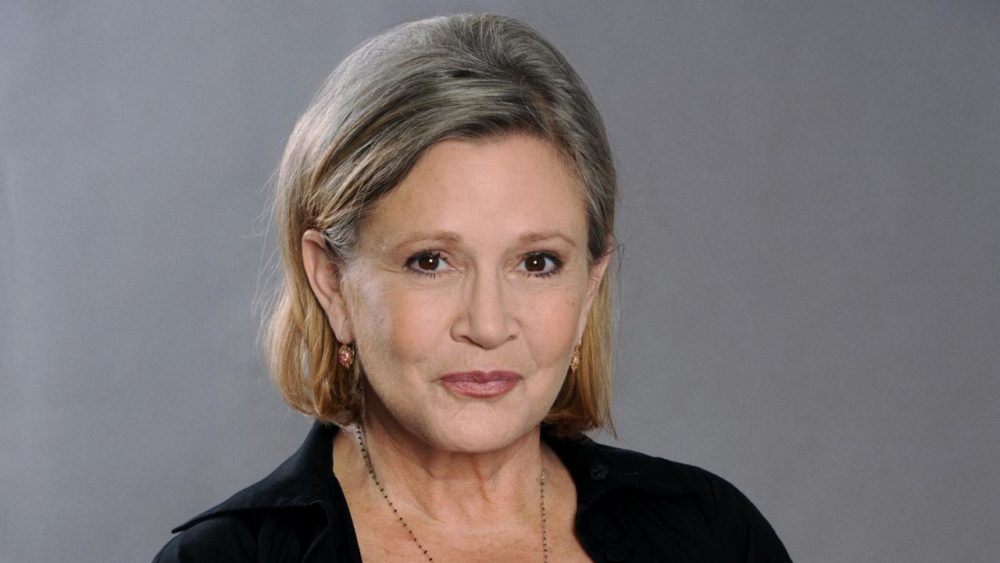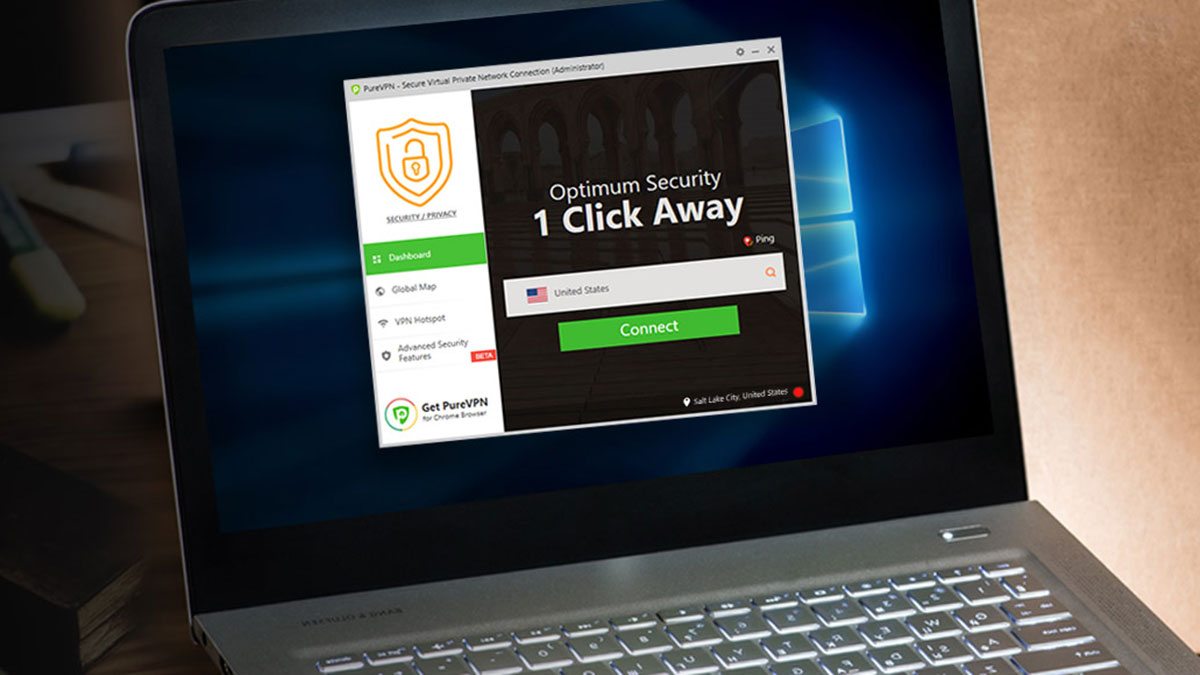While everyone reads stories about Carrie Fisher’s work, I’d like to spend this very sad moment sharing a personal story about Carrie and mental illness.
Growing up, I couldn’t talk about my mother. Like, not at all. She was an alcoholic. She was yet to be diagnosed as someone with rapid cycling bipolar disorder with schizoid tendencies and a personality disorder, just to make things that much more “fun.” As a result, I suffered unspeakable abuses.
Then, there were the more “normal” things. I couldn’t bring friends over. I had to grow up by the time I was six, being paid to babysit my younger sibling and younger cousins. I would be introduced to her friends as “This is Jules, they’re the parent of the house. I’m not,” while laughing hysterically.
I’m going to stop there because I don’t want this story to be about re-opening old wounds but instead about coming to a place of healing.
This is really about the magic that slowly began to happen when I could really explore Carrie Fisher: Carrie speaking about her own upbringing with an eccentric parent, her own battles with self-medicating, and her own battles with bipolar were easily accessible to me.
It started when I watched Stephen Fry’s special Stephen Fry: The Secret Life of the Manic Depressive.
I already knew that Carrie Fisher was bipolar and she self-medicated. I mean, it was all over those tabloids my mother devoured when I was a child. But, I didn’t know anything beyond that.
The Secret Life of the Manic Depressive scared the shit out of me. Especially Carrie Fisher. Watching Carrie Fisher as she bounced and hopped and talked with a manic tone and the look in her eyes and the way she carried her body: Hello PTSD-induced flashbacks. It was horrible. I didn’t know if I could make it through the rest of the special. This was despite the fact that Carrie Fisher was so very calm compared to my mother.
I was once again that child and adult, waiting for the physical, mental and sexual abuse that was surely about to start whenever those same behaviors would flash across my mother’s face.
Once it was over, I cried. I cried for an awfully long time and my own depression that I spent a lifetime battling started to re-emerge. I was having suicidal ideation, once again. It has only been quite recently that I no longer feel suicidal after seeing bipolar behaviors, which always trigger my PTSD.
But something also quite different happened. While I was being triggered as f*ck and the blackness was consuming me, there was a small part of me that felt hopeful. I mean, if Carrie Fisher could make it through what she has gone through, I could get through this. I mean, my mother will never willingly seek treatment. It’s a lost cause there. Because she rapid cycled for so long, she is now in a constant state of mania with schizoid tenancies.
But Carrie Fisher, somehow, just helped me be okay with it all on such a very small but very significant level, all at the same time.
I no longer felt alone. Bipolar was no longer this mystery that I had to hide. There was someone who was such an huge icon to people of my age who was giving a very human and real voice to this mental illness.
Fast-forward about one year. I decided that I was finally in a place where I could watch Carrie’s HBO special: Wishful Drinking.
Carrie Fisher made is safe for me laugh, and hard, at what I had grown up with.
I always laughed and still do. But normally when I laugh at it, it’s a coping mechanism because if I don’t laugh at just how completely horrific everything was, I would die.
But watching Wishful Drinking was such a safe place to be. She laughed, and not in the way people laugh when they are manic, but in a way that was both, “Can you believe this shit?” and a “Guess what? It really is okay to just laugh.” But, even that doesn’t even properly describe how very healing and genuinely funny I found it all. I felt like I could sit down with Carrie and say, “You know how your mother did this thing? Well, let me tell you about the time my mother thought she is the proper Queen of England (which, now, is always) and tried to kidnap my kids because she thought there were assassins after them?” And then we’d sit and laugh, and it would be okay.
Carrie Fisher would get it. And it would be okay. Like seriously okay. Sure, the PTSD flashbacks would still be happening. But, it would be okay.
And then I realized, it is probably going to be okay with other people, too. It will probably hurt. It will probably cause trauma to resurface. It will cause a lot of bad before the good really comes. But, it is okay. While it is not what most people experience, these things do happen and it’s no longer some horrible secret from my past that I must hide.
I don’t worry as much about people judging me for my mother’s behaviors.
It really is going to be okay.
Until very recently, the lovely Miss Carrie Fisher talked about it at conventions and on Twitter, and all over the bloody place.
Every single time, I fell in love with her and was reassured.
Nearly a year ago, I saw the following tweet:
Carrie Fisher explains to a little boy what ‘bipolar’ means, at Indiana Comic Con 2015 pic.twitter.com/4rSmarky5n
— Sassy Wars (@SassyWars) January 11, 2016
And once again, I fell in love with Carrie Fisher even more and was even more reassured that it will be okay.
To some, Carrie Fisher will always be a princess or a general. To me, Carrie Fisher was a mental health and healing superhero.
We will miss you, Carrie. Rest well.




Great post, Jules. She made Leia into an icon that young women rightly took to, and she fostered awareness and empathy for bipolar with her candor and willingness to stay in the public eye. That, plus Wishful Drinking being so poignant and hilarious, makes it obvious why she meant so much to you, and so many.